|
Genres, Themes, Actors, and Directors:
- Bette Davis Films
- Death and Dying
- Edmund Goulding Films
- George Brent Films
- Geraldine Fitzgerald Films
- Heiresses
- Humphrey Bogart Films
- Illness
- Romance
- Ronald Reagan Films
- Strong Females
Response to Peary’s Review:
Peary writes that this “famous Warner Bros. weeper features [a] powerhouse performance from a truly lovely, appealing Bette Davis”, who — “in her favorite role” — plays “a kind, strong-minded heiress who has frittered her life away partying, riding horses, [and] shopping”:
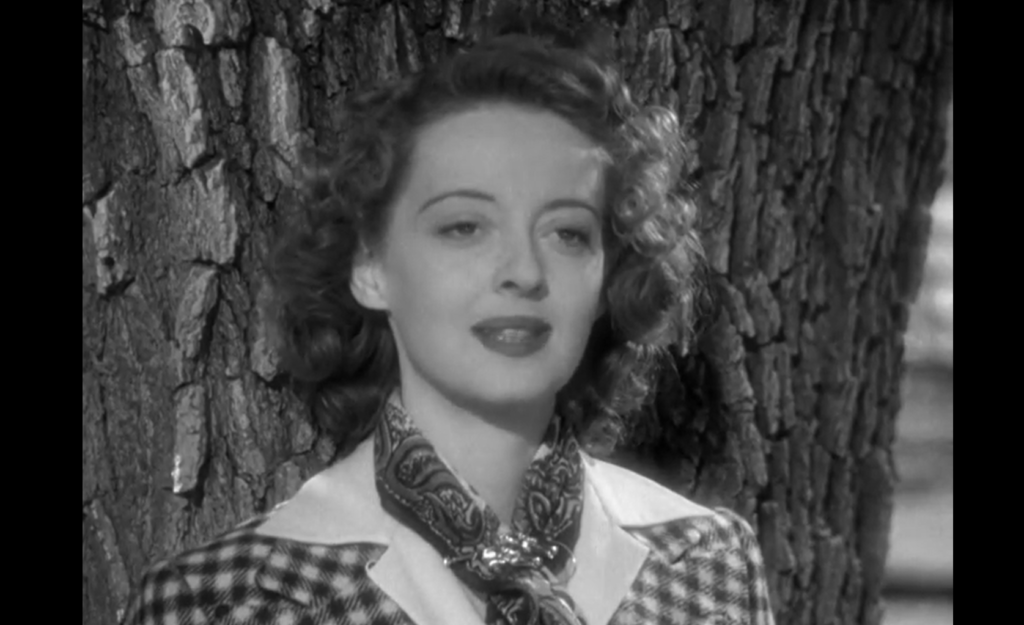
… but must confront her own mortality when she begins “suffer[ing] vision problems” and learns that her “prognosis is negative”.
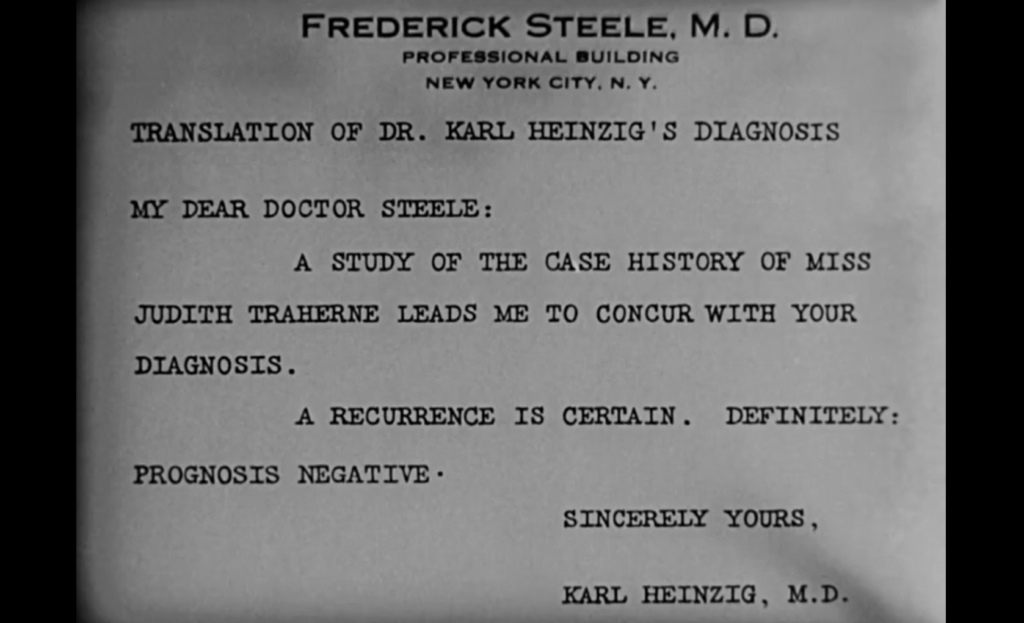
I wouldn’t necessarily choose the words “kind” or “appealing” when describing Davis’s “Judy Traherne”, given that she initially comes across as sullen, brash, and spoiled — “When I tell you to do something, do it!” she barks at her horse trainer, played by a notoriously miscast Humphrey Bogart:
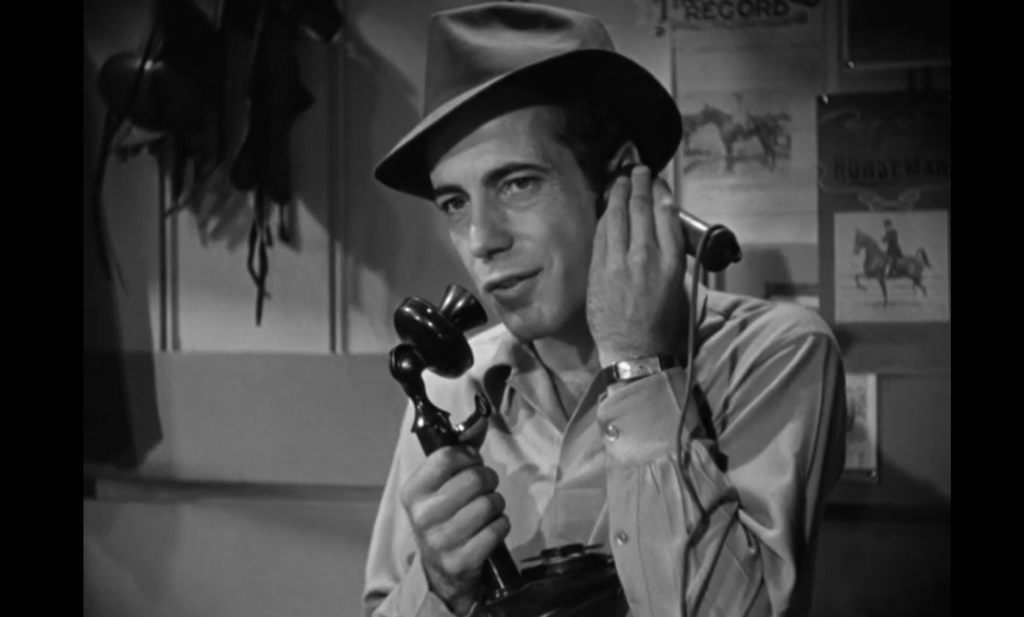
— but she does indeed later “demonstrate a tremendous reserve of strength that few women in film have shown and it’s quite moving”. As with so many “Bette Davis films”, Davis is truly the highlight of the show here: Brent (her real-life lover) is more or less “stiff and wimpy as usual” as her surgeon/love interest:
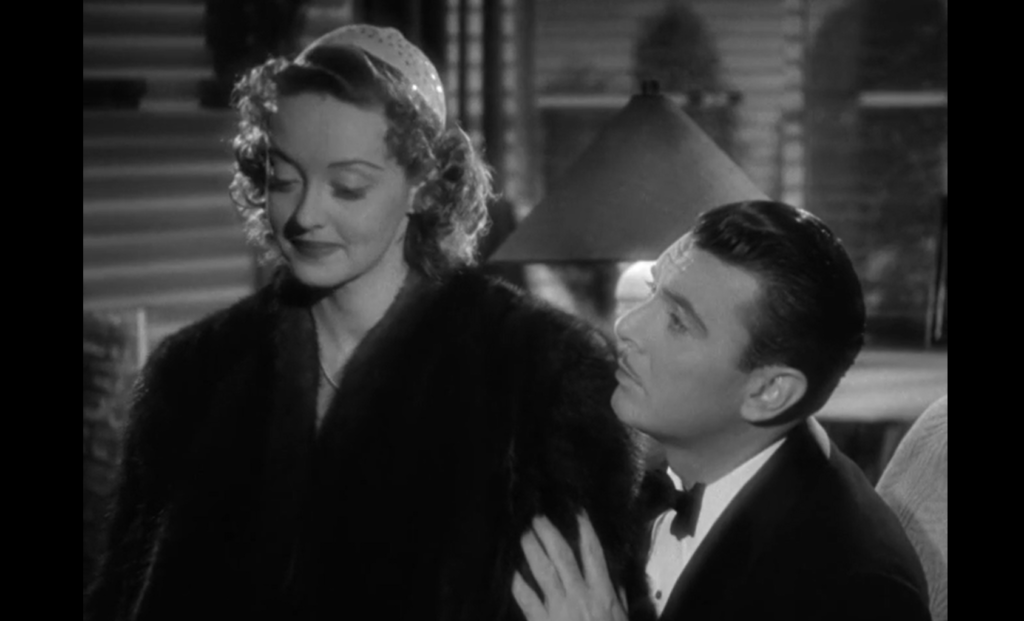
… and while Peary refers to Fitzgerald as “superb”, I find her doting character oddly opaque.
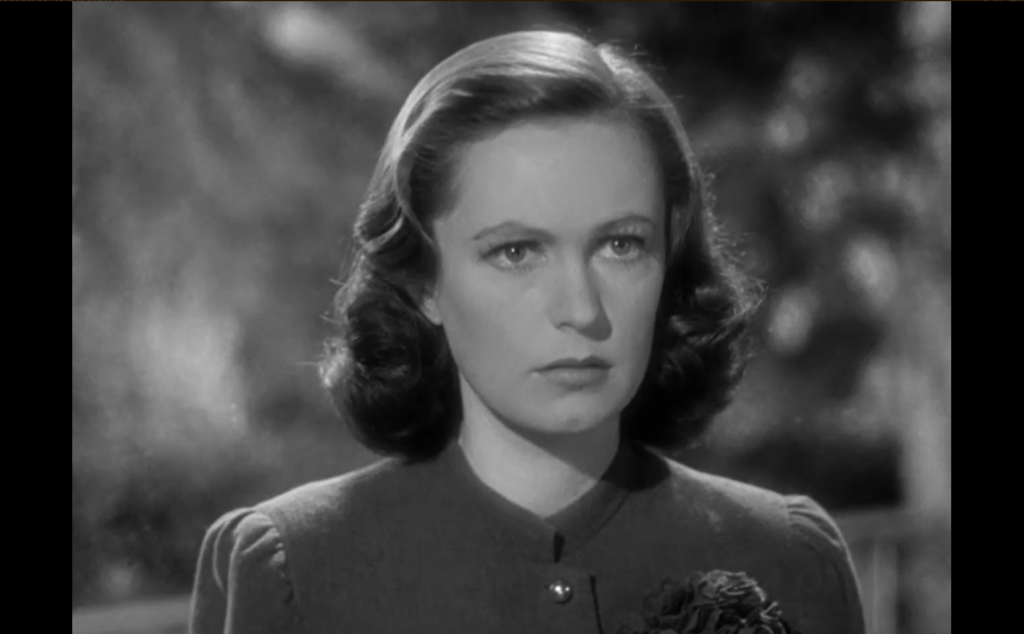
With that said, the “direction by Edmond Goulding is both strong and sensitive”, and Davis’s character arc is compelling. As Peary notes, despite the “morbid” subject matter and the “tears caused by the drawn-out finale, the triumph of this woman at the point of death actually has a cheering effect”. Watch for Ronald Reagan in a supporting role as Davis’s consistently inebriated party companion.
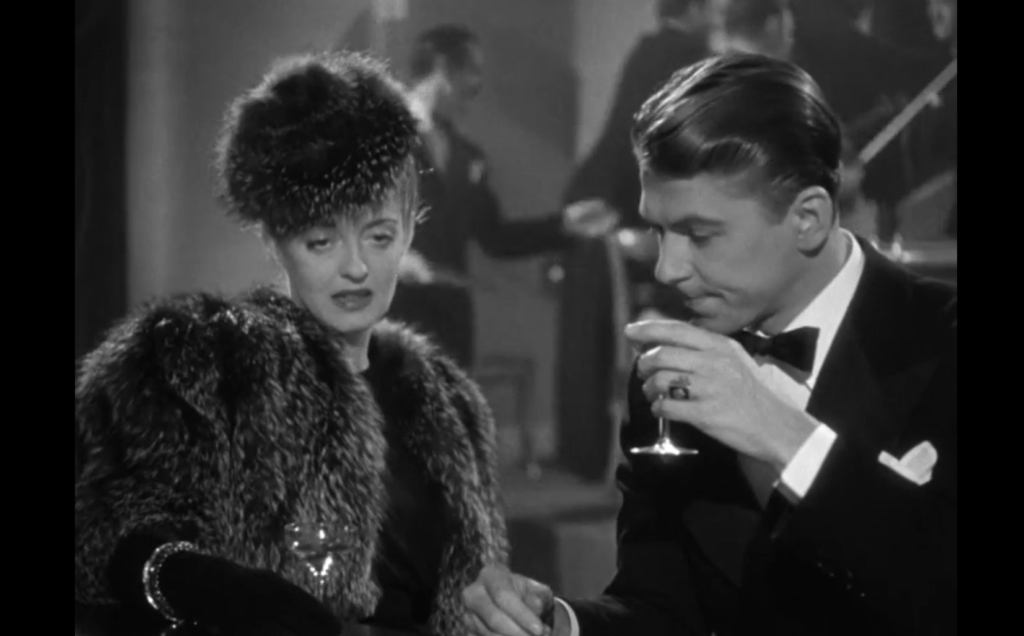
Redeeming Qualities and Moments:
- Bette Davis as Judith Traherne (nominated by Peary in Alternate Oscars as one of the Best Actresses of the Year)
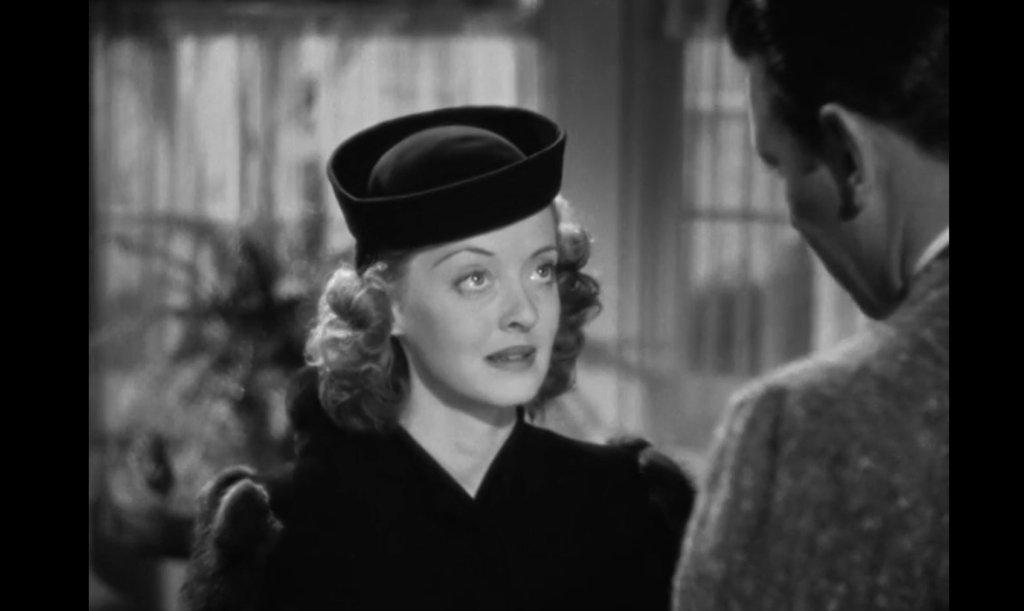
Must See?
Yes, as a cult classic, and for Davis’s performance.
Categories
- Cult Movie
- Noteworthy Performance(s)
Links:
|
One thought on “Dark Victory (1939)”
All things considered, not must-see.
It’s odd that Davis considered this her favorite role – it’s certainly not the best or most challenging role she ever accepted – but perhaps she felt it was a relief, for a change, to not carry the burden of playing as forceful a character as usual. In a sense, it’s a role she could breeze through. But I agree: it’s certainly odd to hear her character referred to as “nothing but kind” when that is not really the case. It’s not really a well-defined role as far as character traits are concerned – but, then, no one’s role in this film is all that deep or challenging, or particularly memorable.
This is more or less a popcorn flick of the period – aimed at women, I suppose. And, since it’s a straightforward weepie, played totally legit as such, it doesn’t really now have that much appeal for gay audiences (as camp). It’s too earnest.
It’s notable for its solid direction and the kind of professional performances that make you forget that the material is…though not the worst, certainly not the best. But then I don’t think the aim here is very high; it comes off like soap opera that’s meant for passing the time with some slightly melodramatic/somewhat heroic entertainment.
Particularly odd moment: when Davis comes across her medical history file and asks someone to explain to her what “prognosis negative” means (especially considering that one of the letters she looks at clearly includes “death within a year”). Couldn’t that significant moment have been written a little better so that Davis wouldn’t look like a complete idiot?